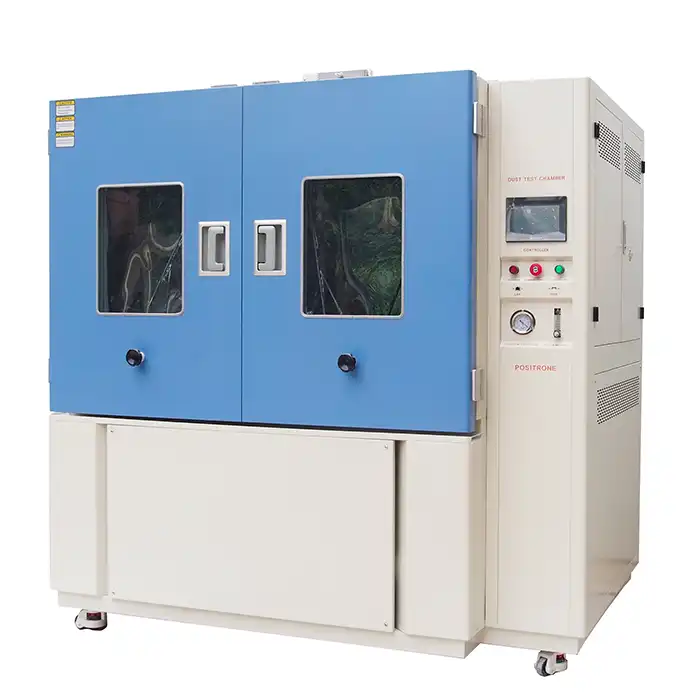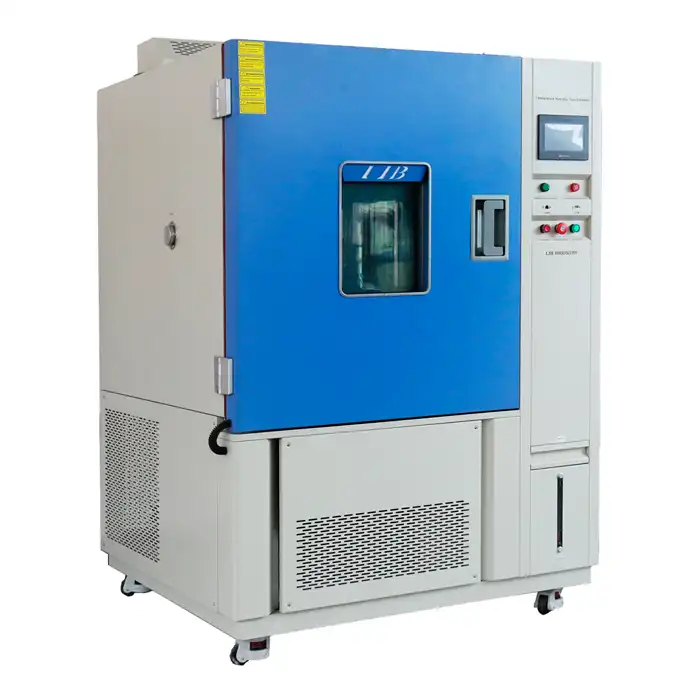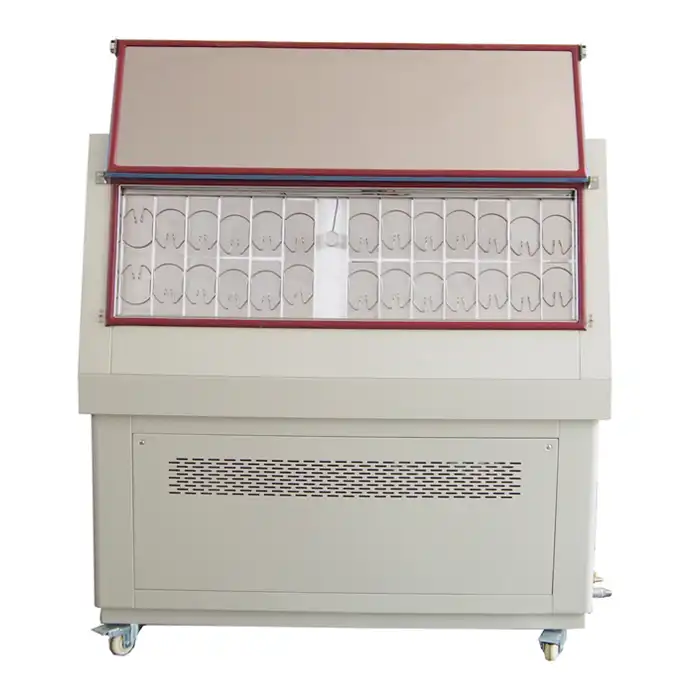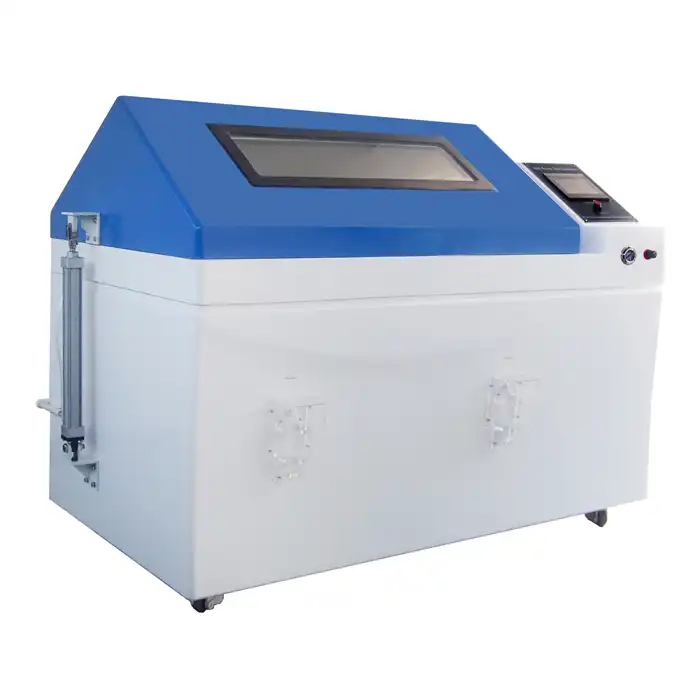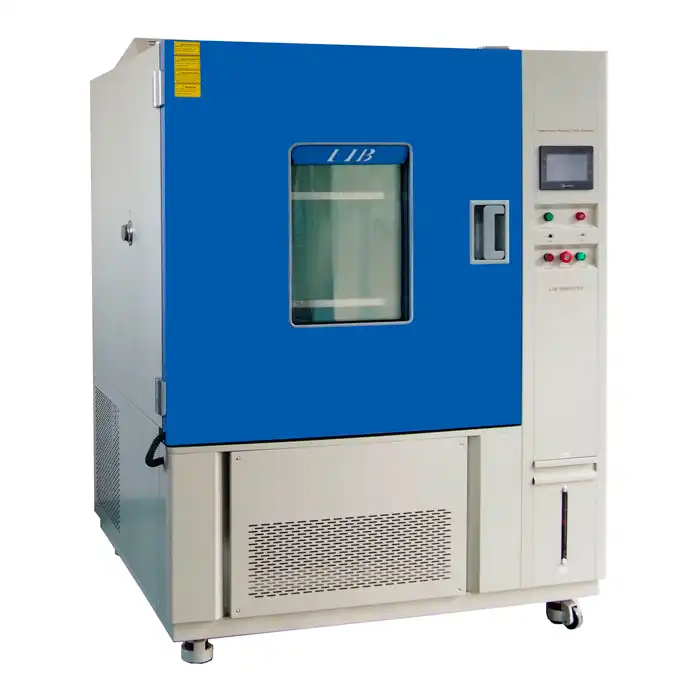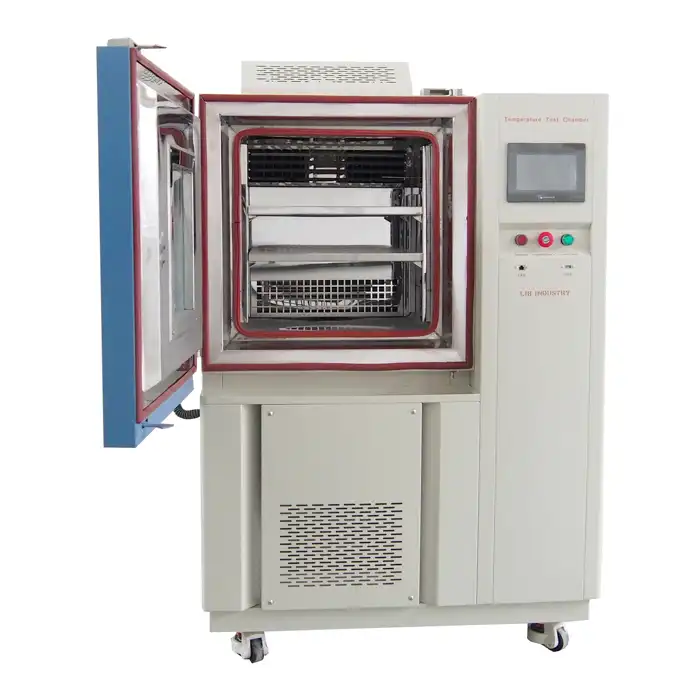The Role of Corrosion Test Cabinets in Quality Control & Compliance
In today's competitive manufacturing landscape, product durability is more than a selling point - it's a promise. Corrosion test cabinets play a pivotal role in ensuring that this promise is kept by enabling manufacturers to meet global quality standards and exceed customer expectations.
Why Corrosion Resistance is a Critical Metric in Modern Manufacturing?
Corrosion resistance directly impacts product lifespan, safety, and performance - especially in sectors like automotive, aerospace, electronics, and construction. A single failure due to rust or material degradation can cause recalls, reputational damage, or even safety hazards. That's why manufacturers must verify their materials can withstand harsh environments before going to market.
How Corrosion Test Cabinets Simulate Real-World Environmental Stressors?
Corrosion test cabinets are engineered to replicate extreme environmental conditions such as salt spray, humidity, condensation, and temperature fluctuations. By simulating years of exposure in just days or weeks, these cabinets help manufacturers identify material weaknesses early - before costly failures occur in the field.
Meeting Global Standards: The Role of ASTM, ISO, and DIN in Corrosion Testing Protocols
Manufacturers seeking international market access must comply with rigorous testing protocols defined by organizations like ASTM (American Society for Testing and Materials), ISO (International Organization for Standardization), and DIN (Deutsches Institut für Normung). Corrosion test cabinets are designed to perform tests such as ASTM B117 (Salt Spray Test), ISO 9227 (Corrosion Tests in Artificial Atmospheres), and DIN 50021 (Salt Spray Fog Testing).
Standardized testing ensures that products are evaluated under controlled, repeatable conditions. This not only validates product durability but also helps companies avoid compliance penalties, streamline certification processes, and build trust with global customers.
Integrating Corrosion Testing into Your Quality Control Workflow
Incorporating corrosion testing into your quality control (QC) procedures ensures that every component meets durability benchmarks before it leaves your facility. This integration minimizes returns, reduces warranty claims, and enhances customer satisfaction.
For example, an automotive supplier may test chassis components in a corrosion test cabinet for 240 hours to simulate multiple years of road use. If a coating fails, engineers can trace the issue back to the material selection or process stage, leading to immediate improvements. By embedding corrosion test cabinets into the QC pipeline, manufacturers can identify design flaws, material inconsistencies, or process issues early - saving time, reducing costs, and improving product reliability.
Additionally, LIB Industry's corrosion test cabinets support automated data logging and remote monitoring, streamlining documentation for audits and quality assessments. These capabilities make it easier to meet both internal quality metrics and external regulatory requirements, without interrupting production flow.
Beyond Compliance: Leveraging Test Data to Improve Product Design and Innovation
Using corrosion test data strategically goes beyond ticking compliance boxes - it fuels innovation. The insights gathered from accelerated corrosion testing can help engineering teams make informed decisions about surface treatments, protective coatings, material choices, and even packaging.
For instance, an electronics manufacturer using a cyclic corrosion test cabinet discovered that a minor change in enclosure design reduced moisture ingress by 30%. This improvement not only extended product life but also reduced warranty claims by 18% over a 12-month period. By treating test results as actionable intelligence rather than static reports, companies can evolve their products to thrive in real-world conditions.
Moreover, test data can be used to benchmark suppliers. If two material vendors provide similar components, corrosion test results can help determine which supplier offers better performance, leading to smarter procurement decisions.
Ready to elevate your quality control strategy with precision corrosion testing? At LIB Industry, we specialize in turn-key environmental testing solutions - including advanced corrosion test cabinets that meet the world's most demanding standards. From design to delivery, installation to training, we provide full-service support tailored to your needs. Contact us today at ellen@lib-industry.com to learn how we can help you strengthen your products and your reputation.
References
1. ASTM B117 - Standard Practice for Operating Salt Spray (Fog) Apparatus
2. ISO 9227 - Corrosion Tests in Artificial Atmospheres - Salt Spray Tests
3. DIN 50021 - Salt Spray Tests (NSS, AASS, CASS) for Metallic Coatings
4. "Corrosion and Corrosion Control" by R. Winston Revie and Herbert H. Uhlig





